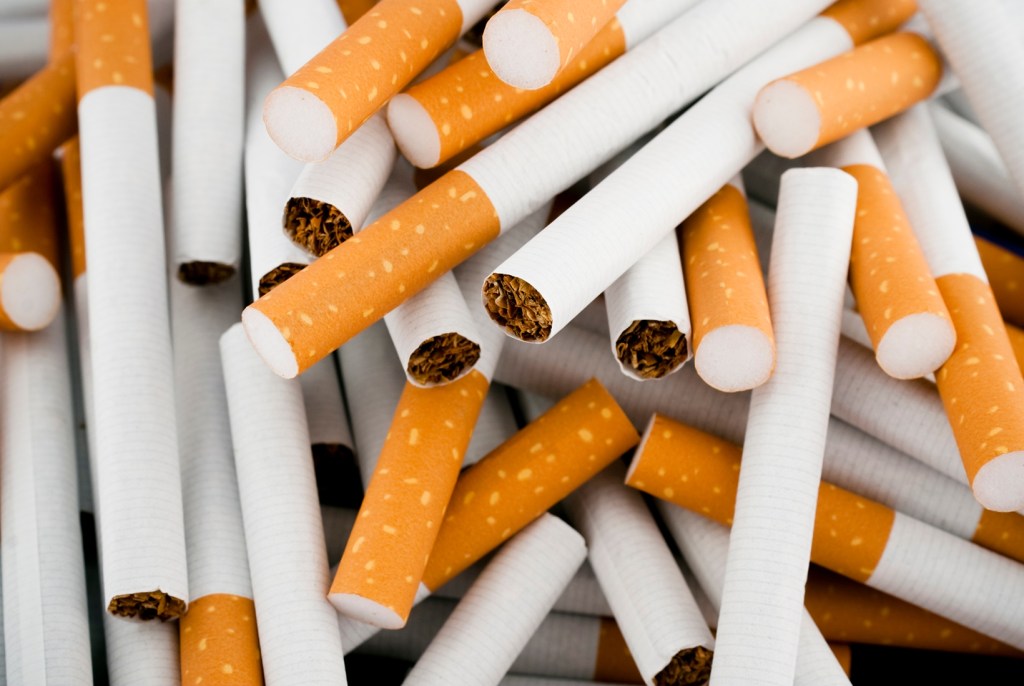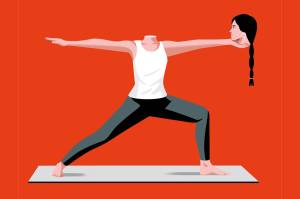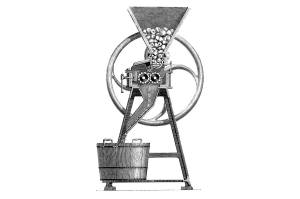The owners of my local grocery store, a mile or so from my house, very kindly sell me cigarettes in blocks of 200 at a time — and they have also delivered them to my house during this lockdown. This is useful for several reasons. Most importantly it aids my self-isolation program. But it also minimizes the risk of me being caught in the shop by a lurking Matt Hancock or perhaps a chief constable of the police, anxious to punish people who may be purchasing goods which they do not consider ‘essential’. If anything is essential during this time of compulsory boredom, it is cigarettes and alcohol. I have stepped up my intake of both by a considerable margin — something which, as far as the cigs are concerned, I would not have considered possible before this pandemic struck us all. It goes to show, you can always cram more things into your life, even if it is only cigarettes.
Once again we smokers are being chastised about our habits and this time told that the punishment awaiting us is an unpleasant death from the virus. Public Health England has issued a statement saying smokers are much more likely to develop the serious form of the disease and are more likely to peg out as a consequence. Mr Hancock felt able to announce that it was ‘abundantly clear’ that smokers were more likely to cop it from the coronavirus. Whatever it is, it is not ‘abundantly clear’. Far from it.
Public Health England and, by extension, Mr Hancock based their advice on what they called a ‘small but impactful’ study from China, about which they offer few details. There is one larger study, published in the New England Journal of Medicine, which did show a slight correlation between smoking and the onset of the more serious stage of the illness. However, this finding was not weighted for age: the older you are, the more likely you are to suffer adversely from COVID-19, while the average age of smokers is also well into the upper range.
PHE and Dr Matt completely ignored a much larger survey, mind, which originated from Wuhan Zhongnan Hospital, in which medical staff were reportedly astonished to discover that of the patients admitted presenting with COVID-19, only 1.4 percent were smokers (out of a population in which more than half of men smoke cigarettes). It looked very much as though smokers were far, far less likely to catch the illness in the first place. This tallies a little with another stat from that New England Journal of Medicine survey — only about 11 percent of those admitted with the virus were current smokers, compared with about 27 percent of the population at large who smoke (and a much larger proportion if you factor in age).
Could it be that smoking cigarettes makes it less likely that you will catch the virus? Or is it that smokers, tending to be older in years, are perhaps less gregarious and thus face less exposure? Another Chinese study of 41 patients showed that of the 13 who were admitted to intensive care units, none were smokers. Just to muddy the waters a little further, a paper in the European Journal of Internal Medicine concluded that there was no greater significant risk to smokers from COVID-19 than to people who did not smoke.
I am not for a nanosecond arguing that we should all take up smoking to stop the virus. The last thing I want is for there to be a run on my smokes, for a start. It is abundantly obvious to me that smoking is injurious to the health in a myriad of ways, many of them respiratory and cardiovascular. I would not doubt that for a moment. It is probably right that PHE and our health secretary remind us all, from time to time, of the dangers of smoking, and the cost to both our individual health and to society. But at a time when we are anxiously scanning the news for scientific information about this wretched virus, it is dangerous and deeply unscientific for Dr Matt and PHE to suborn COVID-19 as a piece of crass anti-smoking propaganda. It is, right now at least, a wholly baseless charge. It is even just about possible that the precise opposite is true, and that smoking conveys a degree of protection against COVID-19, much as it does against Parkinson’s disease, ulcerative colitis, endometrial cancer and possibly skin cancer and thyroid cancer. Though I wouldn’t bet on it.
Pace Mr Hancock, nothing about this small and unpleasant virus thing is ‘abundantly clear’; most of the statistics we have been given so far are close to meaningless, since it is almost impossible to discover how many people have the virus. We just about know that it seems to like cool, temperate places, dislikes heat and humidity, and spreads very quickly in cities. Its lethality is utterly unknown: it may in the end turn out to be well below 1 percent. It could be 10 times higher. There is very little that is certain in science at the best of times, least of all when we are dealing with what Donald Rumsfeld might have called a known unknown. The rather vacuous encomiums I have read which suggest that henceforth we shall value expert opinion over ideology and put our faith in science all miss one important point: that beautiful though the scientific approach may be, it is practiced by human beings who are no less captured by their own paradigms and ideologies than the rest of us. Science is fallible.
There is some anecdotal evidence that the virus is at its most lethal in people who have been exposed to great quantities of it: doctors, nurses, public transport workers and so on — beginning with that Chinese doctor, Li Wenliang, aged 33, who died in February. Rather than enjoining us to wave rainbow-colored flags, then, perhaps the government could ensure that our workers on the front line are properly protected.
This article was originally published in The Spectator’s UK magazine. Subscribe to the US edition here.


















